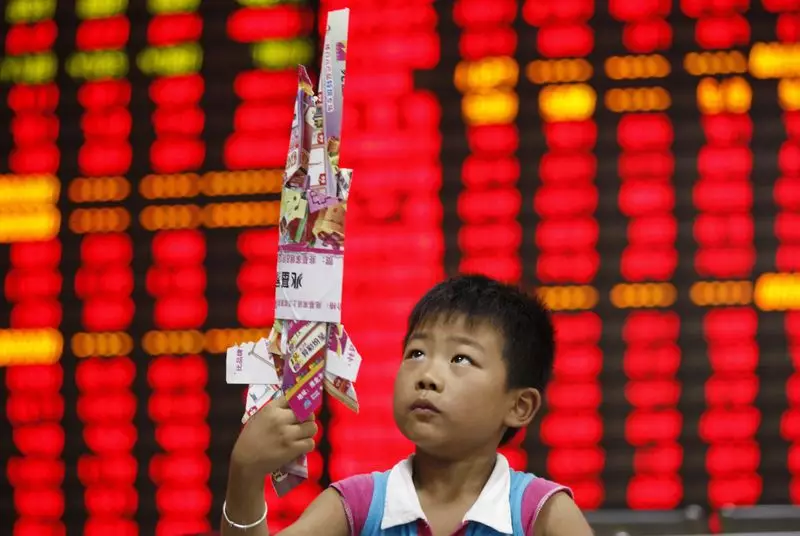Recent findings from Bank of America’s (BofA) Asia Fund Manager Survey highlight a troubling shift in investor sentiment across Asia, emphasizing the need for clarity on U.S. policy under the Trump administration and the ongoing challenges in China’s economic landscape. Capturing the views of 214 fund managers with a significant pool of assets totaling $576 billion, the survey, which was conducted between January 10 and 16, 2025, paints a concerning picture for the Asia-Pacific region, excluding Japan. The data indicates a notable decline in growth optimism, with only a net 3% of respondents predicting a strengthening economy over the next year. This development reflects a sharp downturn in sentiment, marking the second weakest outlook recorded in the past two years.
The dramatic decline in optimism is most starkly illustrated in China, where only 10% of survey participants foresee a positive economic outlook — a steep decline from 61% just a few months prior in October. This pessimism stems from various factors, including stagnant market gains and a growing aversion to Chinese equities now reaching nearly historic bearish levels. Fund managers express significant hesitance to deepen their investments in China amid concerns about cash hoarding among households and inconsistent policy implementations by the government. This growing skepticism suggests that investors are grappling with a complicated economic environment where recovery seems neither steady nor predictable.
Conversely, Japan stands out as a beacon of hope, with around 20% of managers projecting double-digit returns for Japanese equities in 2025. This optimistic outlook is buoyed by anticipated corporate earnings growth and a relatively stable macroeconomic framework compared to its regional counterparts. Investment preferences within Asia have begun to reflect these sentiments, with semiconductor stocks emerging as leaders, while sectors such as real estate and materials fall behind. The appetite for sectors like banks and consumer staples further highlights a shift toward defensive positions as investors navigate the uncertain waters ahead.
BofA analysts accentuate the necessity of strategic positioning in a marketplace that exhibits volatility and uneven recovery trajectories. With global investors maintaining a cautious approach, characterized by an emphasis on fundamental strengths and macroeconomic indicators, the growing geopolitical uncertainties amplify the need for careful asset allocation. This evolving landscape necessitates that investors remain adaptable and proactive, reassessing their strategies to align with the changing financial climate.
The latest survey underscores a palpable shift in investor priorities and sentiment across the Asia-Pacific region, revealing shifting confidence dynamics in China and highlighting Japan’s potential as a more stable investment hub. As markets respond to political and economic fluctuations, the ability to make informed decisions will be critical for navigating this complex investment ecosystem.

